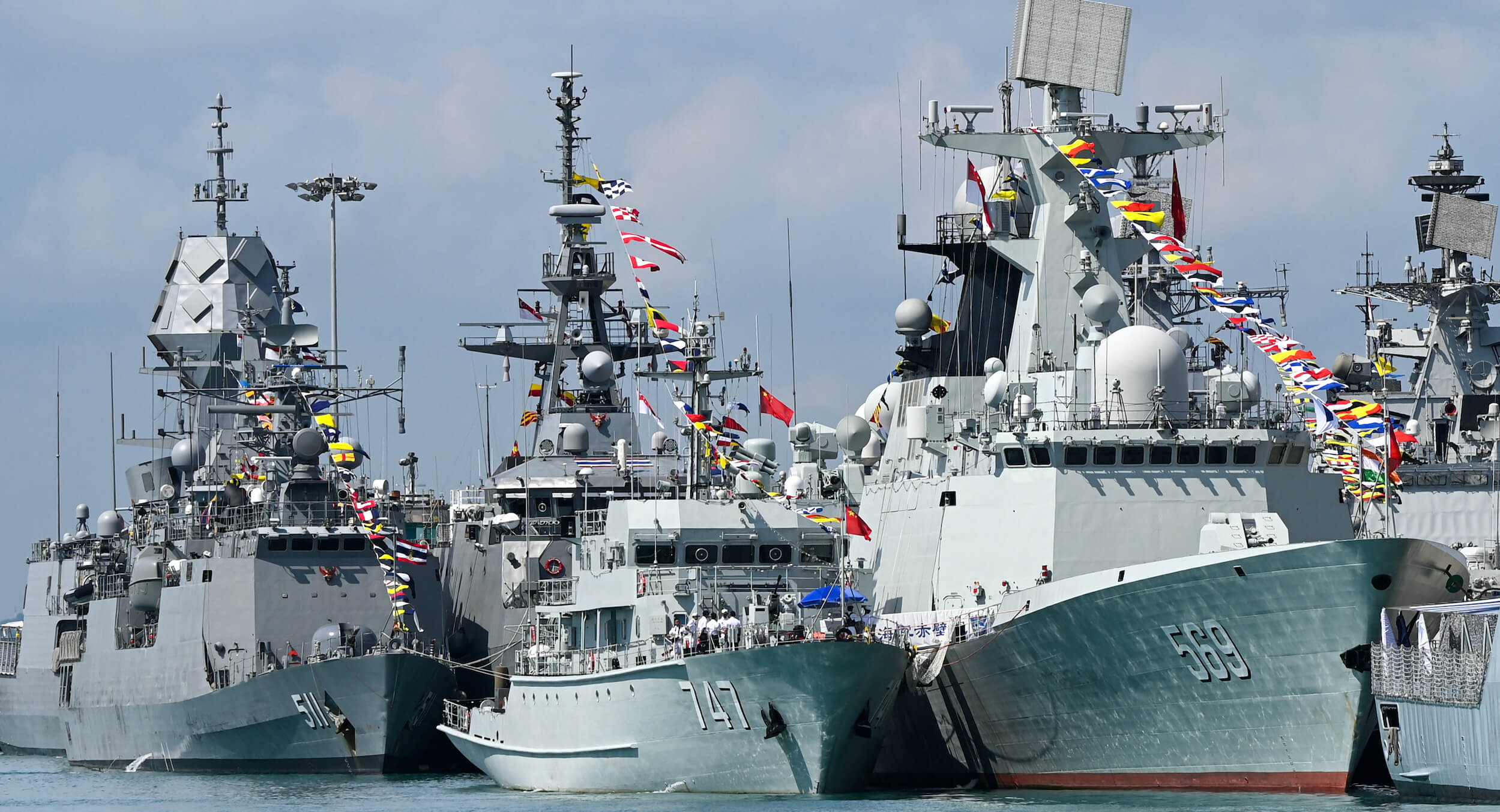By James E. Fanell and Bradley A. Thayer
The U.S. engagement of the PRC was America’s greatest strategic failure.
The People’s Republic of China (PRC) has risen and now stands as a serious enemy to the United States. Beijing undermines U.S. interests at home—including the health, wellbeing, and prosperity of the American people—and abroad, as its alliances and the world it created are under the greatest strain due to the PRC’s competing interests and ever-expanding ability to advance them.
This remarkable change in the balance of power must be explained. The United States has gone from a “unipolar moment” with the end of the Soviet Union, when the PRC was vulnerable and weak, to a period of parity with the PRC. This occurred in about 30 years. The period of unrivaled U.S. dominance lasted for a generation. U.S. military power was formidable, certainly not omnipotent, but few states could resist its power. The fundamental responsibility of U.S. national security strategists was to sustain that position by preventing the rise of a peer competitor. While there were important exceptions like Pentagon’s Andrew Marshall, who warned indefatigably of the PRC’s rise, they failed.
In this historically brief period, post-Cold War national security strategists lost what previous generations had mightily sacrificed and labored to create. The fruits of victory won in World War II and the Cold War by earlier generations of strategists were forever squandered. This compels an accounting, an examination of why they failed…





